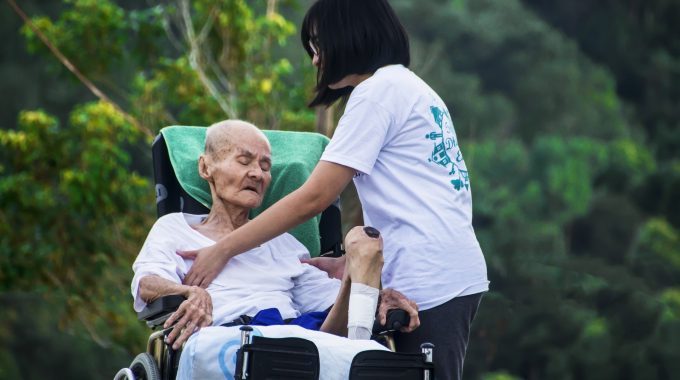The demand for aged care workers has increased so much that aged care courses have been introduced to educate elderly and weaker people to improve the quality of life. Elderly care workers learn a compassionate attitude to give care and interest to the life of a generation of children. Although aged care workers need to get very much expertise, it is their sympathetic side that can make them progress in this area. For experienced professionals, with a career in this field, it brings many possibilities of a rich career.
After many years of discussion, in the aged care, Cert III aged care has been replaced with aged care and disability with the same qualification, while compulsory work placements have been given place. But is it enough to resolve long-term concerns?
At Certificate III level, a new qualification, Certificate III in individual support, Certificate III in Aged Care, Certificate in Home III and Community Care and Certificate III in Disability.
Under this education, a student completes the subject of a common, general subject, and they can get expertise from two areas: elderly, domestic and communal or disability.
This course is for those who want to work in the community sector, who are taking care of the elderly in the community, and the residential aged care facility provides aged care and services and support to those who are weak, Who are at home and who are in danger of being free or who are in danger of premature or inappropriate admission for long-term domestic care.
The recognition of the common skills set between the elderly care and disability areas and decided to enable workers to enable more flexibility to grow between the two areas.
Under both credentials, it is now compulsory that the students must meet at least 120-hour workplace requirements. Under this, many competencies should now be evaluated within the workplace or within the simulated workplace.
New abilities still provide expertise while addressing the similarities existed within the fields. Key skills such as workplace health and safety, communication, anatomy and physiology, the income control are common for those areas and those working with those people.
With the ability to go away from a dual-expertize, students will get more employment, especially when more providers are moving in some or all areas. The choice given by the certificate will always increase in enrollment and in the appointment; the students will get an opportunity to do this work than what is included in the work, allowing them to select the area, which they like the best.
With cert iii aged care, all those interested people, who want to earn money at the same time and do something good for the elderly, can definitely grow in their careers.
Expertness required:
- Elderly care workers should provide friendly and kind support for the child’s generation, in the hope of helping the elderly in personal care, cleanliness, and everyday life. Common duties include dressing, eating, and showering.
- It is necessary for these workers to arrange and inspect activities to promote social, emotional and social well-being.
- They have to help with cooking, washing and iron clothes and cleaning.
- Empathize with emotional support.
- Help yourself with drugs such as creams and pills.
Your new skills will be in line with the guidelines of the field of aged care. After successful completion of this course, students will be eligible to receive Certificate III for personal assistance.
Personal ability:
- Aged care workers are expected to be helpful, responsible and caring
- In addition to caring attitude, they should have a habit of feeling the pain and feeling of others.
- Soft-spoken and good-natured to address the sick and the weak well
Workplace requirements were an integral objective of the industry reference group and it will reach a more consistent level of training and will solve long-term industry concerns about various levels of clinical experience.
Elder care workers take personal care and care to support elderly persons physically and emotionally. They help in daily dressing, eating and bathing easily, it is a social activity, outing or some recreational activity, wherever the elderly care worker goes with them, whenever they need them to be present and they need them.
Whether the elderly are in their home or in a residential care, elderly carers take care of them like their own children, with defined care plans and organizational guidelines; they regularly follow their duties under supervision.
By pursuing cert iii aged care, workers can learn ways to do medical supervision work like managing drugs and changing the dressing. They have to work on the weekends, in scheduled alterations and in the evening. The responsibility of elderly workers is to keep a close eye on their physical and mental changes such as nervousness, anxiety or depression, vision loss, etc.




